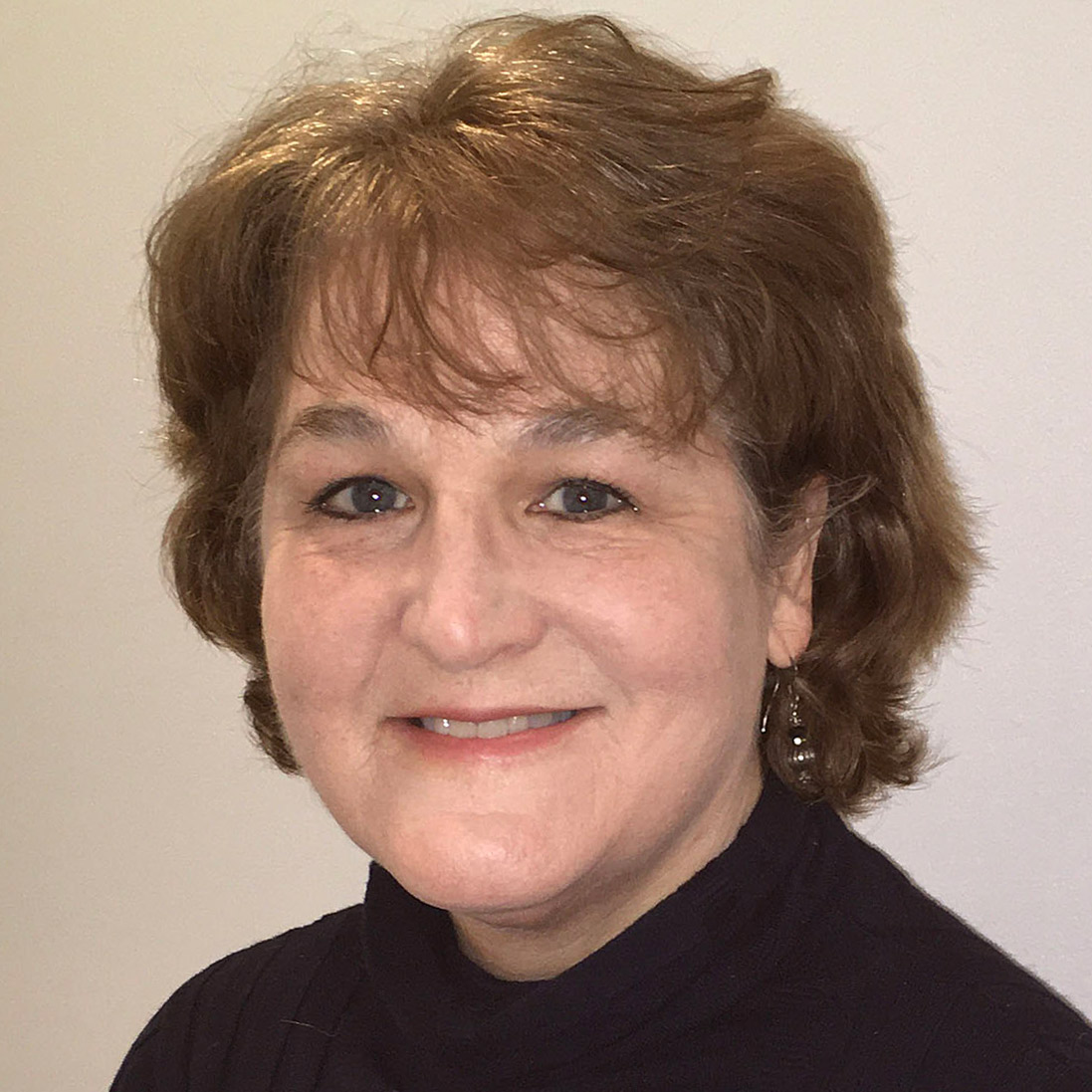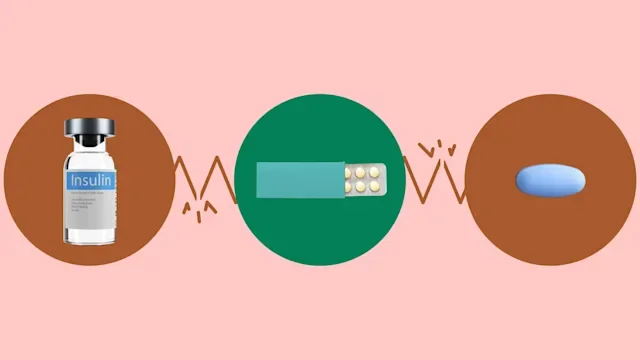Key takeaways:
Kim Phillips found out that, even though heart failure may sound like a death sentence, it isn’t.
Heart medication, a low-sodium diet, and exercise can help people manage the chronic condition.
Kim has found the treatment and support she needs to lead a satisfying life.
Up until 2010, Kim Phillips and her husband spent years running a bed-and-breakfast and boarding horses on a farm near Kansas City, Kansas.
They were working 80 hours a week. And Kim says she was feeling weighed down by tiredness and fatigue when they decided to sell the business that year.
After she and her husband moved into the city, Kim found that she would get winded climbing into buses or going up a flight of stairs. She also started to lose hair and was dealing with high blood pressure.
“I thought it was just burnout,” she says.
She went to several doctors, some of whom diagnosed her with anxiety or told her she may be experiencing panic attacks. One prescribed her an inhaler and advised her to restrict her diet.
A hospital visit and a diagnosis of heart failure
A year and a half later, in 2011, Kim went to the emergency department because she had swollen legs and was struggling to breathe. That’s when she heard words that terrified her: Her lungs were full of fluid and she was in heart failure.


At the time, all she could hear was the “failure” part. That word made it sound as though her heart couldn’t keep her alive. And just a few months before, her mother-in-law, who was in her 80s, had died of heart failure.
Kim remembers asking the doctor, “How long do I have?”
“I was terrified to the bone,” she says. “I was afraid, and I was alone.”
Kim, who is now 61 and retired, is quick to point out that this was her thought process in 2011. But she has since found out what heart failure (also called congestive heart failure) is and how to live well with it.
Heart failure means the heart is not pumping enough blood. It can occur in men and women of all ages.
According to the American Heart Association, although heart failure is a serious condition with no cure, people who are diagnosed with it can lead full and fulfilling lives with the help of medication and lifestyle changes.
What does it mean to be in heart failure? Having heart failure means your heart can’t keep up with its workload. It’s something you can live with.
What’s the difference between heart failure and a heart attack? Learn why these two heart conditions are not the same thing.
What can you eat to help manage heart disease? Here’s what one woman eats in a day to help manage her heart condition.
A wearable defibrillator became her life vest
After Kim left the hospital, she wore a LifeVest — a type of external defibrillator — for 3 months. If the vest detected dangerous heart rhythms, it could automatically deliver a life-saving shock.
It took her years to feel better with the help of a combination of medications. She also had surgeries to correct some underlying heart conditions that were causing arrhythmias. And, at the advice of her doctors, she switched to a lower-sodium diet and started watching her liquid intake.
Finding and giving support
Kim also looked for a support group and found WomenHeart: The National Coalition for Women with Heart Disease. Through her involvement with the organization, she found she wanted to help others access information she didn’t have when she was diagnosed. And she has now completed training and become a designated champion.
“I didn't want other women, or people, to feel like I felt when I went into the hospital — that there was no hope, that there was no information, that this was a death sentence,” she says.
Kim started walking 5Ks and eventually was able to get an implanted defibrillator and pacemaker. She still has emergency visits to the hospital when she gets pulmonary edema and has to have fluid drained from her lungs.

When she has fluid in her lungs, those are the hardest times, Kim says: “It’s the worst pain in the world, like 1,000 people are hitting me with hammers.”
Sudden weight gain is also a sign that she’s having an acute episode, so she weighs herself every day.
“If I get up and the next day I weigh 5 lbs over, I need to go to the hospital,” Kim says.
A decade of better heart failure medications
Kim is grateful that medications for heart failure have improved since she was diagnosed. And she and her doctors have found a regimen that works well for her, as well as the right diet and level of exercise.
For people still finding their way after a heart failure diagnosis, Kim has three things to keep in mind.
1. Heart failure is not a death sentence
Kim points out that it’s not a good idea to rely on the internet for information, especially about life expectancy. She suggests having those conversations only with a medical professional, and preferably a heart failure specialist.
2. You need to watch how much salt you eat
When you go out to eat, Kim recommends asking your server if the chef can make a lower-sodium version of your dish. The sodium restrictions may seem difficult to get used to, she says, but taste buds do adjust to the lower levels.
3. This is a chronic condition you can manage
Kim says people should remember that heart failure is a chronic condition that always needs to be managed, so it’s important to find sources of support.
Kim has four “legs” she leans on hard: “I have my faith, my medical team, my family, and my support groups. I think that's the only way, for me, that I've been going through all this,” she says.
You can live a normal life with congestive heart failure. But you may need to modify how you approach activities and get used to medication and frequent medical appointments being part of your life.
Three things that make heart failure worse are: having high blood pressure, having other heart conditions, and not taking medications as instructed.
People cope with heart failure by taking their medications and working with their care team to achieve health goals.
Living well with heart failure requires taking medication consistently. You will also likely need to make lifestyle changes and go to regular check-ups. So it’s important to have a strong support system if you can. By managing these areas of your life, you can lead a fulfilling life with heart failure.
You can live a normal life with congestive heart failure. But you may need to modify how you approach activities and get used to medication and frequent medical appointments being part of your life.
Three things that make heart failure worse are: having high blood pressure, having other heart conditions, and not taking medications as instructed.
People cope with heart failure by taking their medications and working with their care team to achieve health goals.
Living well with heart failure requires taking medication consistently. You will also likely need to make lifestyle changes and go to regular check-ups. So it’s important to have a strong support system if you can. By managing these areas of your life, you can lead a fulfilling life with heart failure.

Why trust our experts?

















